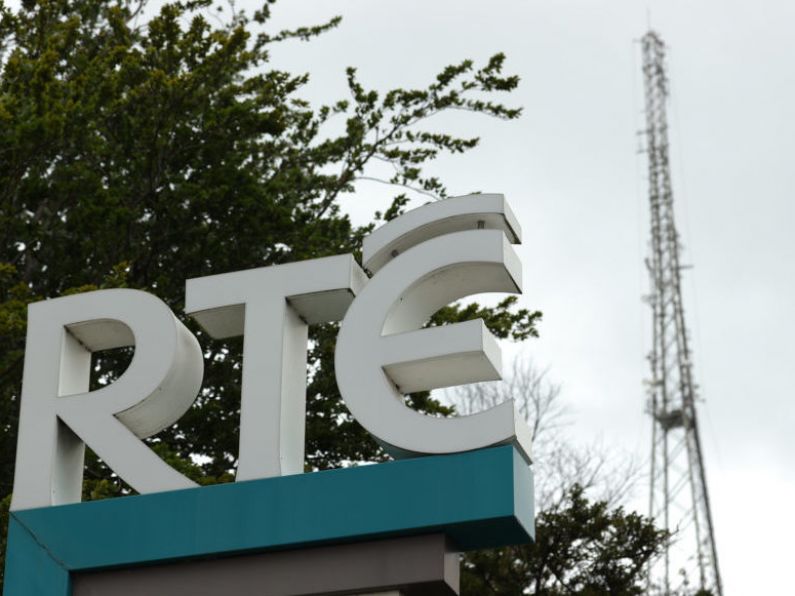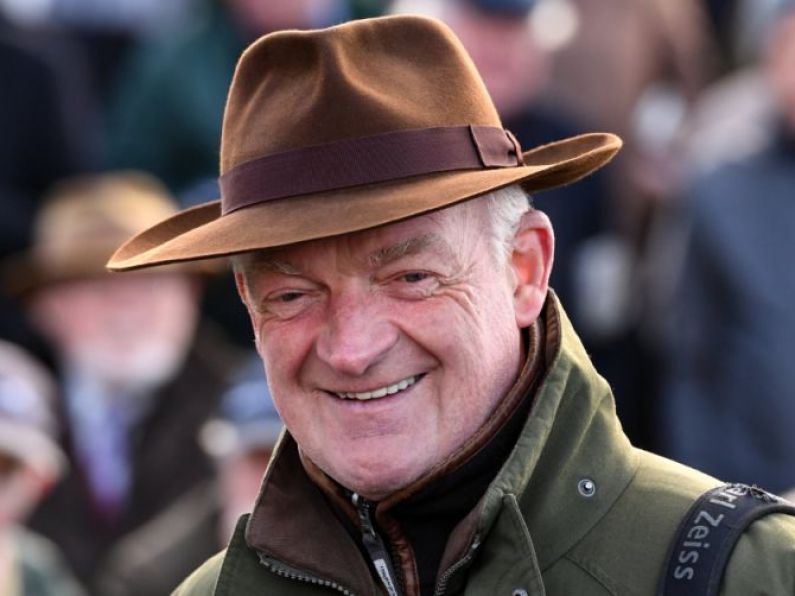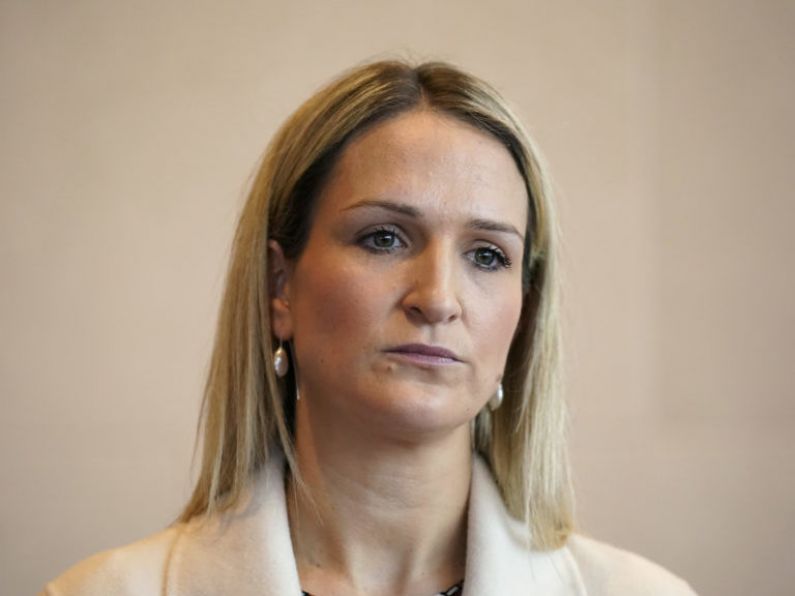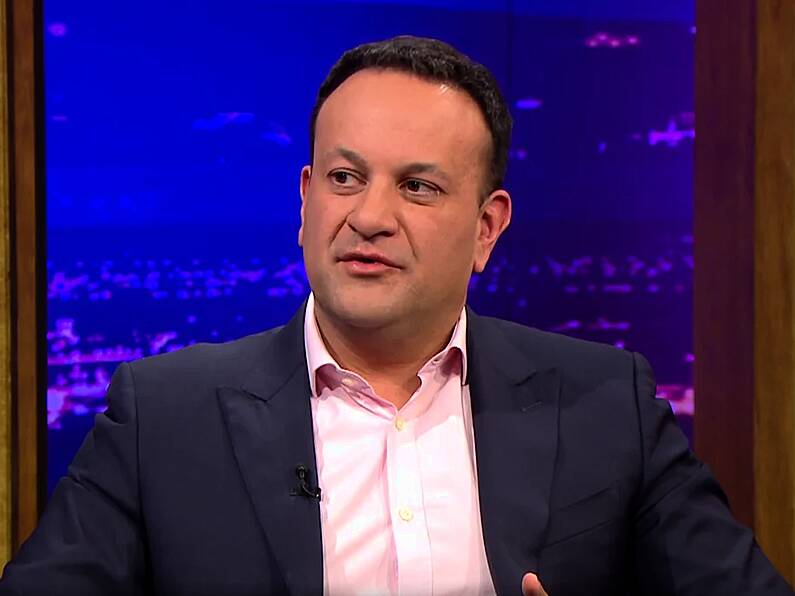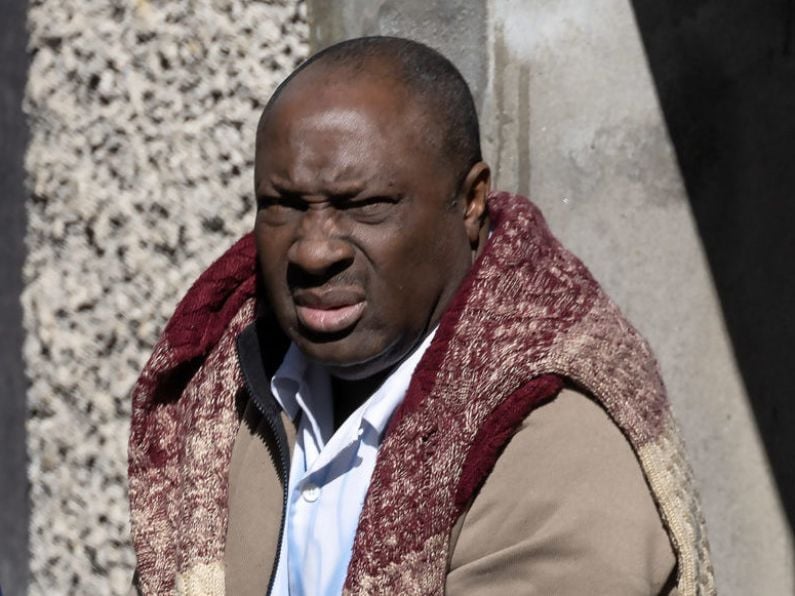A Dublin judge presiding over TV licence prosecutions has slammed RTÉ for what he described as elitism, "Godlike personalities", and "freeloaders" while defendants were "crippled with the cost of living".
Dublin District Court has a special weekly sitting for cases brought by An Post against TV owners who have not paid their €160 annual television licence fees.
Friday's list featured 159 prosecutions, but before hearing the cases, Judge Anthony Halpin delivered a strongly-worded preamble about the ongoing controversy at the national broadcaster.
He said he was "disgusted and appalled" by the recent revelations.
"[Not having a TV licence] is a criminal offence and on conviction, it carries a fine and a record of having committed a crime.
"The people before this court are accused of failing to pay the TV licence fee, and these people may feel a little hard done by when they see the way RTÉ has abused statutory funding which is annually provided to RTÉ," the judge said.
Accordingly, he said, it would be remiss of him not to make reference to the recent revelations and exposures about those who are the recipients of the licence fee.
"The revelations have rocked the very foundations of the national public broadcaster and have sent, not ripples, but seismic shock waves throughout the organisation."
"Shenanigans and mischievous activities"
Quoting Shakespeare's Hamlet, "There is something rotten in the State of Denmark," Judge Halpin said, adding the epithet could appropriately apply to the "shenanigans and mischievous activities that have gone on in RTÉ over the past number of years of which we knew nothing".
"I am appalled and disgusted that such clandestine, secretive and dubious goings-on would be the order of the day in respect of arrangements between RTÉ and the Godlike personalities who seem to be above scrutiny."
They have a difficult and gruelling task in getting to the truth
Judge Halpin said he had watched some of the proceedings of the Oireachtas Media Committee and Public Accounts Committee, at which representatives from RTÉ have appeared over the past two weeks, and praised the committee chairs – Niamh Smyth and Brian Stanley respectively – for their "sterling work".
The judge added that it was proof that the investigative arm of the parliamentary system functions effectively and efficiently.
"They have a difficult and gruelling task in getting to the truth.
"George Orwell, in both Animal Farm and 1984, was preoccupied with the way language can be manipulated as an instrument of control. The shifting positions of persons giving evidence before the committees is testament to this."
Judge Halping also referred to what he described as "elitism and exclusivity" shown and demonstrated by RTÉ's "ruling class".
He said it was "an anathema to the fundamental principles which underpin the freedom of the press and the trust engendered thereby of an independent, professional, honest and responsible National Broadcasting Service which is the backbone to any democracy.
He continued his criticism saying recent revelations have wounded the bulwark of RTE's professional standing as a broadcaster, which was once held in the highest of esteem.
'Unconscionable sums'
"Shame on those who have brought that about. I will go no further than those remarks, but I must say those freeloaders in RTÉ who received a loan of cars, who received branded cars free gratis, spouses of RTÉ [workers] who were wined and dined and part-took of events at the expense of RTÉ, and others who were lavished with such generosity, ought to pay back to the organisation the euro equivalent of the benefit they received, to help this financially strapped semi-state body.
"Also, those personalities and senior executives who received unconscionable sums of money should reflect on their position and do the right thing."
The judge said it saddened him that those before the court, "who are crippled with the cost of living, have to swallow this unpalatable pill of the licence fee when they see that such a source of income is squandered and abused".
"But the law is the law, and the law provides that you must have a licence if you have a TV", he said, adding, "I will afford more time to those who need it, and An Post may enter into an arrangement with you to pay by debit mandate or collect stamps, so as to help with the expense of the license fee."
Concluding his remarks, Judge Haplin said: "Those who intend to do this, I will leave without a conviction, and those who do not turn up, I have no choice but to convict, but I will keep the fine to a minimum."
In typical sittings of the TV licence prosecutions, where he had to convict no-show defendants, Judge Halpin has limited all the fines to €150, plus an order for €100 towards prosecution costs, and gave the defendants three months to pay.
The law states an offender can be fined up to €1,000 or €2,000 for subsequent offences.
By Tom Tuite
Keep up to date with all the latest news on our website Beat102103.com.
